
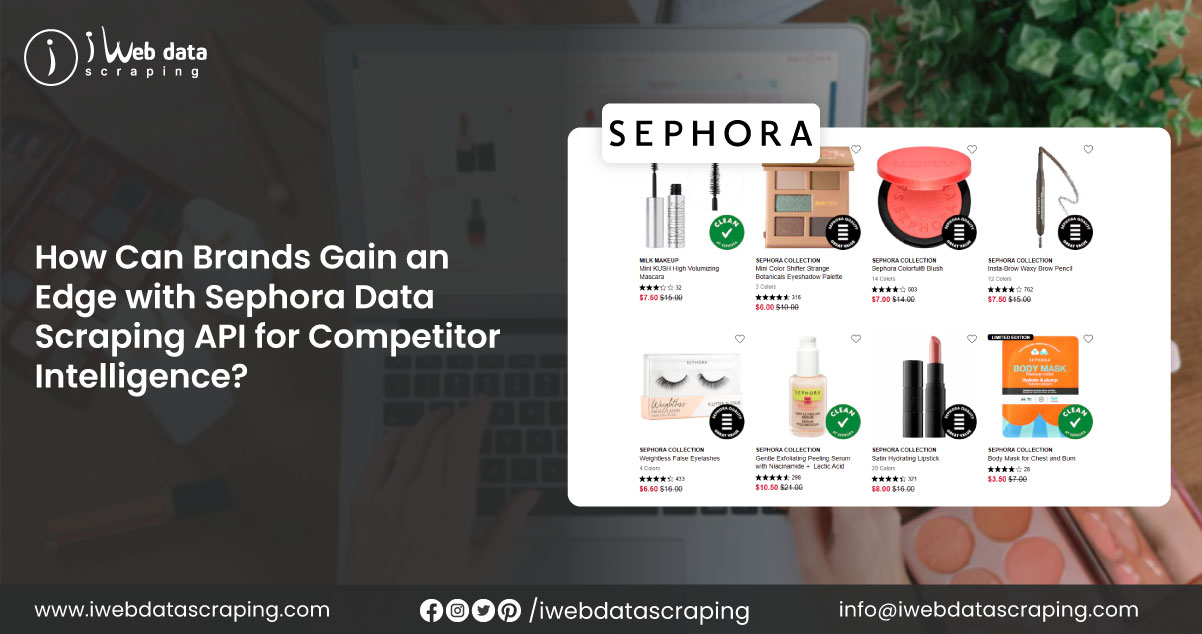
In today’s rapidly evolving beauty and cosmetics market, data has become the ultimate advantage for businesses striving to outperform their competitors. From product launches and pricing shifts to customer reviews and seasonal promotions, every bit of digital information shapes the way consumers choose their beauty products. For brands competing in this domain, keeping track of a leader like Sephora is not optional—it’s essential. By leveraging the Sephora Data Scraping API for Competitor Intelligence, businesses can unlock invaluable insights into product strategies, customer sentiment, and competitive positioning. With the right approach, this process extends far beyond gathering numbers; it becomes a critical tool for decoding consumer behavior and refining brand strategies.
At its core, a Sephora data scraping API empowers companies to systematically collect, organize, and analyze Sephora’s massive digital footprint. This includes everything from product descriptions and pricing models to promotional campaigns and customer-generated reviews. When businesses use technologies to Scrape Sephora competitor analysis tools, they don’t just extract raw data—they gain structured intelligence capable of driving informed decision-making. This intelligence enables companies to benchmark their performance, predict market trends, and stay ahead of rivals in an industry where consumer preferences can shift rapidly.
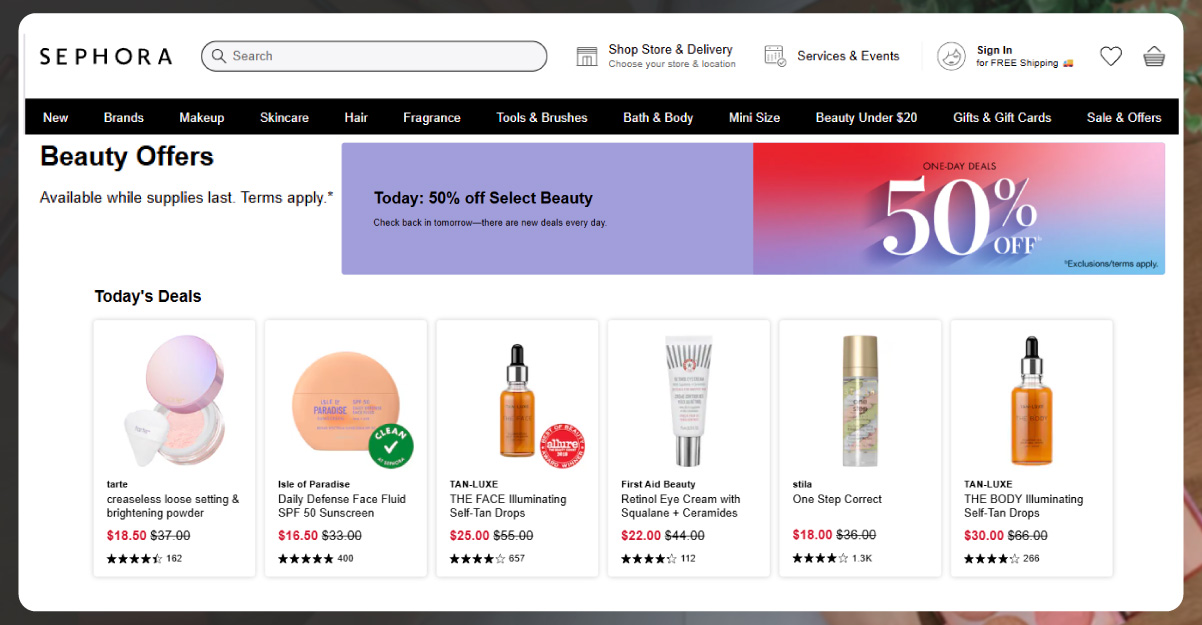
The global beauty and cosmetics industry is expected to surpass $600 billion in the coming years. With this exponential growth comes fierce competition among traditional retailers, D2C brands, and e-commerce giants. Competitor intelligence enables brands to understand how rivals price their products, market them, and foster customer loyalty.
In Sephora’s case, its vast catalog covers skincare, makeup, fragrances, haircare, and wellness products from hundreds of leading and indie brands. Monitoring Sephora’s product lineup and customer engagement provides insights into what works best in the industry. Whether it’s spotting the rise of a trending ingredient or identifying how limited-edition collaborations perform, competitor intelligence ensures businesses make data-backed moves rather than guesses.
This type of intelligence isn’t limited to broad strategies. Brands can Extract Sephora beauty product intelligence to learn how specific categories are evolving, what product features are being highlighted, and how customers are reacting to them. For emerging beauty startups, such insights level the playing field against larger, resource-heavy corporations.
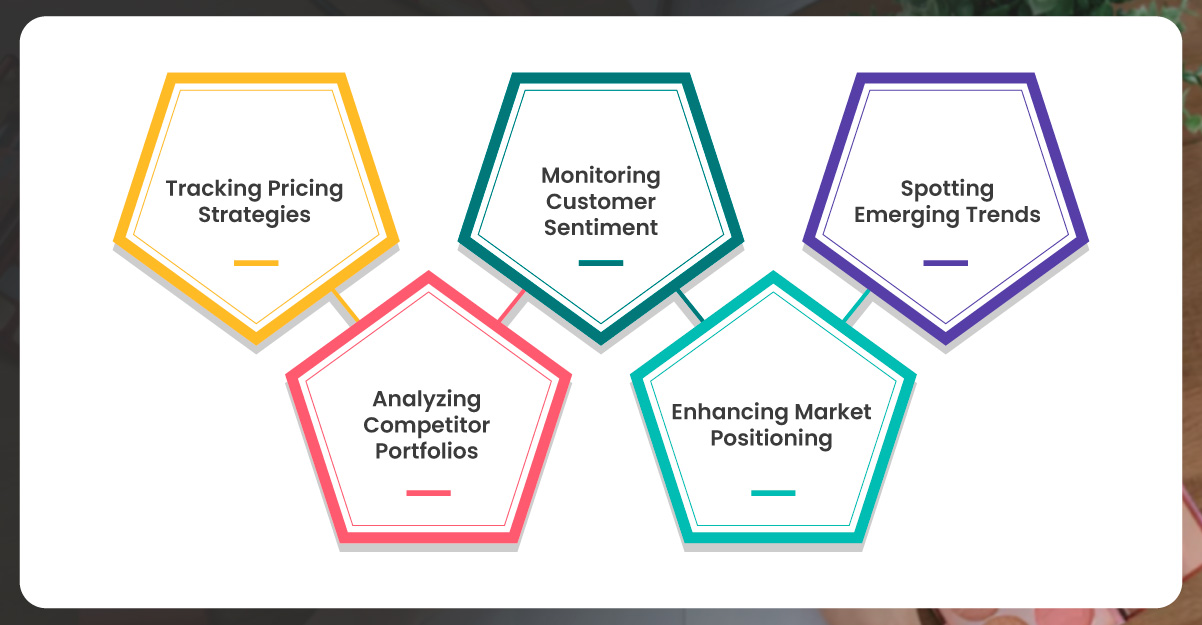
Implementing Competitor Intelligence Using Sephora API provides brands with both micro and macro-level insights. On the micro level, they can monitor how specific SKUs perform through ratings, availability, and pricing updates. On the macro level, they can understand category-wide trends, such as the growing preference for clean beauty or the dominance of hybrid skincare and makeup products.
For example, if a competitor notices that Sephora has launched multiple products featuring niacinamide as a key ingredient and that these products receive high ratings, it signals strong consumer interest. The brand can then incorporate niacinamide into its own formulations or marketing strategy.
One of the most valuable applications of scraping is to gather Scraping Sephora Product Data for Pricing & Trends. With thousands of products listed, Sephora frequently adjusts prices, introduces bundles, and launches seasonal discounts.
Monitoring these changes enables businesses to:
Such intelligence proves especially useful for e-commerce players seeking to strike a balance between profitability and customer acquisition in a crowded marketplace.
Customer Reviews as a Source of Insights
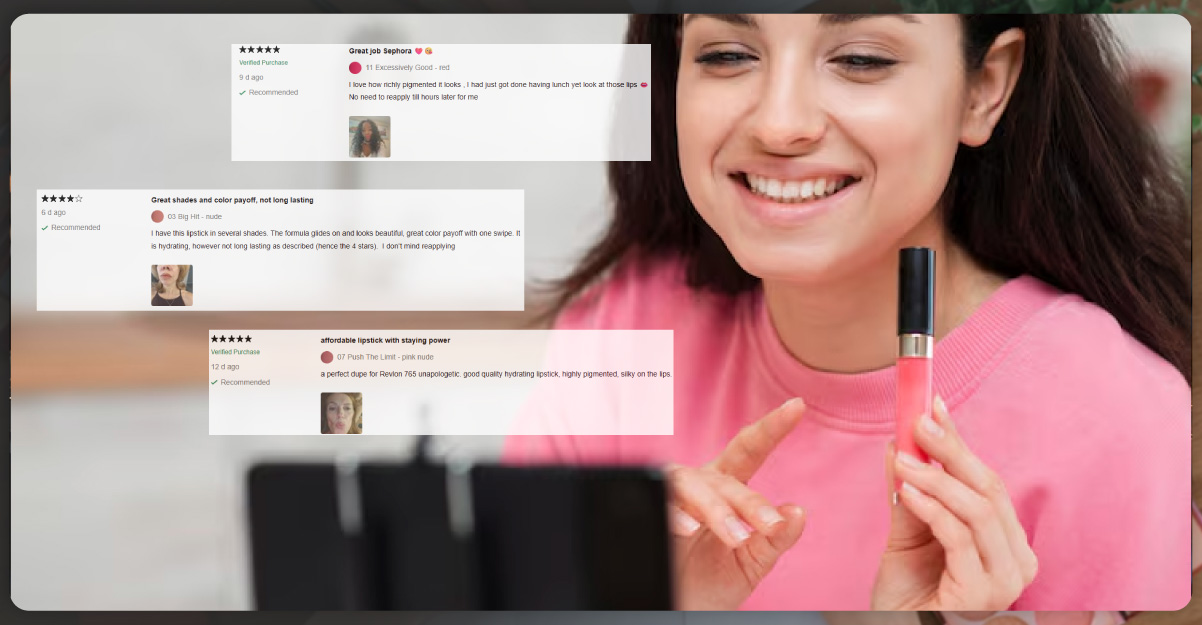
Customer reviews provide candid, unfiltered feedback about product performance. With advanced scraping tools, brands can focus on Extracting Customer Sentiment from Sephora Reviews to identify emerging themes.
For example:
By applying natural language processing (NLP) techniques to this data, businesses can quantify satisfaction levels and identify opportunities to refine product design, marketing, or after-sales services.
Direct-to-consumer (D2C) beauty brands often face resource constraints compared to established players in the industry. However, they can gain an edge by analyzing D2C beauty brand competitor insights from Sephora.
By examining Sephora’s catalog, D2C players can:
This intelligence enables D2C players to refine their positioning, identify opportunities for collaboration, and learn how to differentiate themselves in a competitive market.
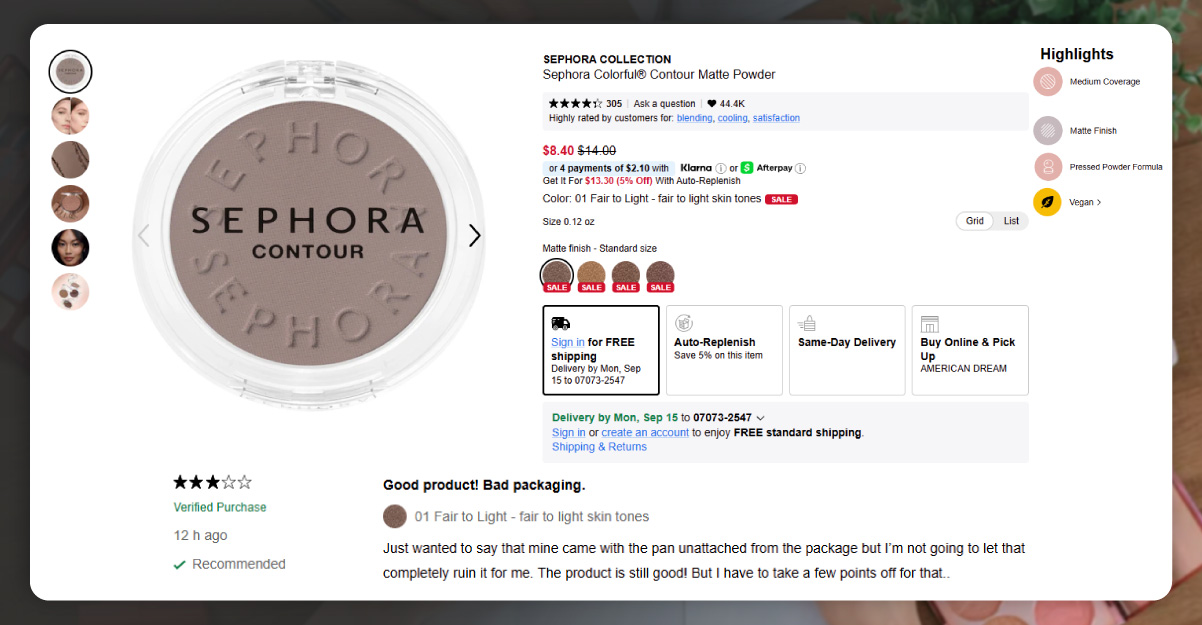
The foundation of competitor intelligence lies in accurate and granular product data. By leveraging Web Scraping Sephora Product Details Data, companies can extract details such as:
Such detailed data ensures businesses always have their finger on the pulse of Sephora’s constantly evolving catalog.
Achieving a Competitive Edge with Sephora Product Extractor requires more than just collecting data; it involves analyzing and applying it strategically. The right extractor can help businesses align with customer needs, forecast demand shifts, and outmaneuver competitors.
For instance, if the extractor reveals a rising interest in eco-friendly packaging across Sephora’s new launches, companies can pivot their product development accordingly.
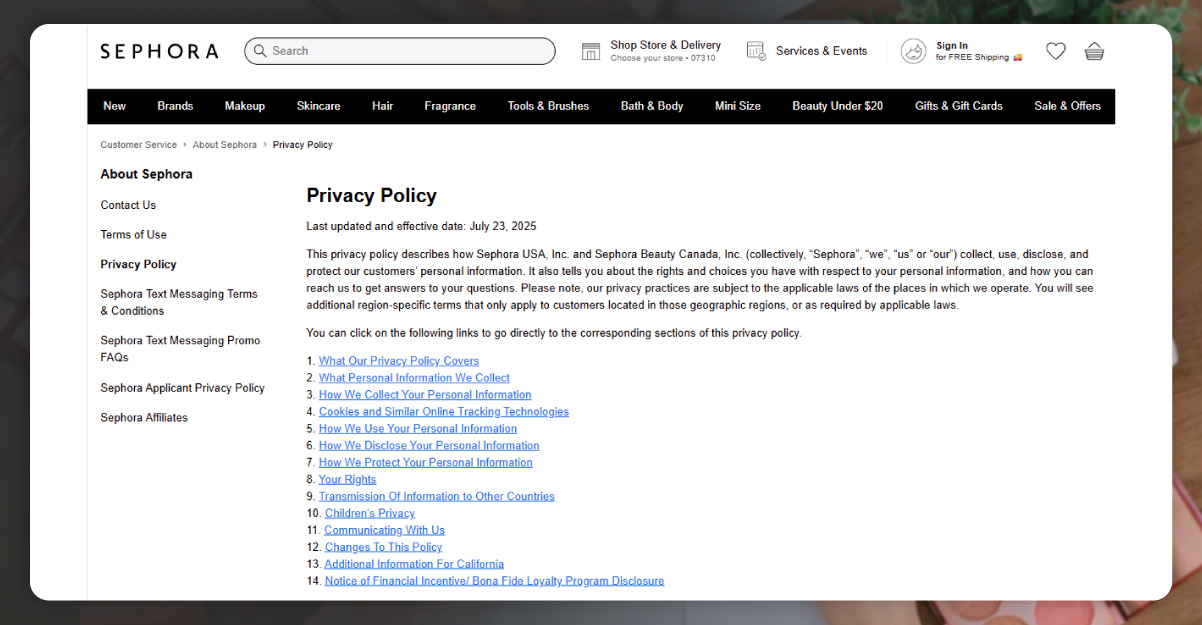
While the opportunities are immense, scraping data from Sephora presents challenges.
By partnering with experts and leveraging robust APIs, businesses can effectively overcome these hurdles.
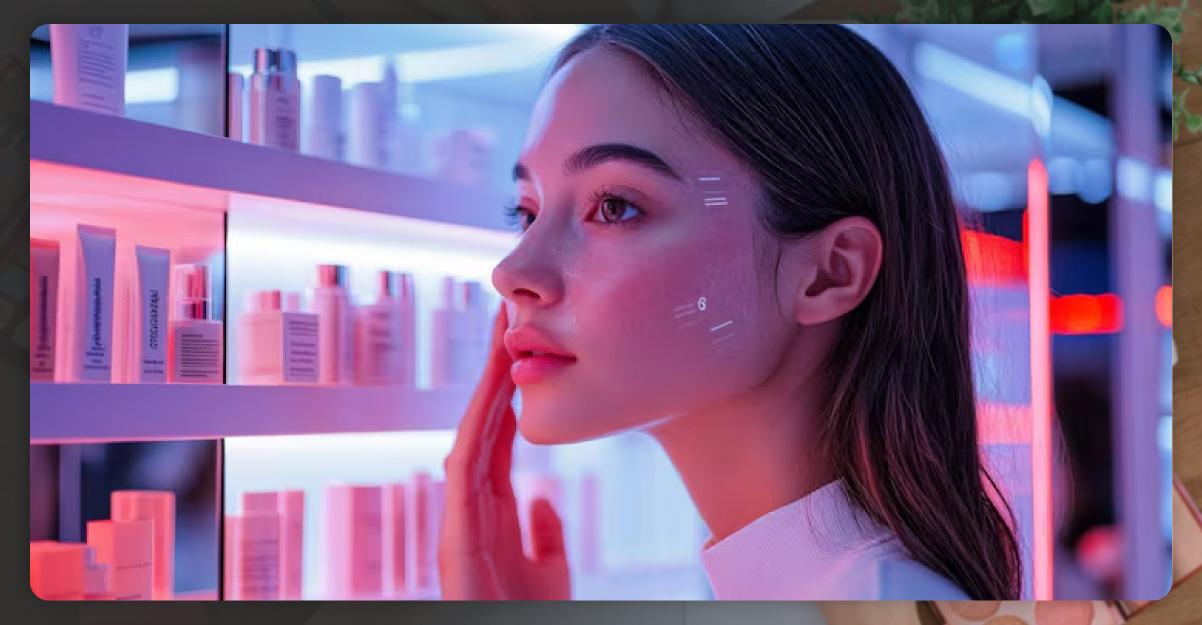
The role of AI and automation in data scraping is set to expand. Machine learning models can predict emerging beauty trends before they hit the mainstream. Real-time monitoring can instantly alert brands to competitor moves. With increasing personalization in beauty, competitor intelligence will increasingly focus on consumer micro-segments rather than mass-market trends.
For Sephora specifically, as it continues to lead in omnichannel experiences—spanning online, offline, and mobile—competitor intelligence APIs will need to capture data across multiple platforms.
Competitor intelligence is no longer a luxury—it’s a necessity for survival and growth in the beauty industry. Sephora’s position as a trendsetter makes it a vital source of insights for any beauty brand looking to refine its strategies. By leveraging Sephora data extraction services, companies can uncover hidden opportunities, align better with consumer preferences, and anticipate market shifts with confidence. Access to Sephora Product Datasets ensures brands never miss out on critical updates, while a robust Sephora Product Data Scraper translates raw information into actionable strategies.
For brands ready to stay ahead of the curve, tapping into Sephora’s data isn’t just an option—it’s the most brilliant move toward achieving sustainable growth in an ever-changing beauty marketplace.
Experience top-notch web scraping service and mobile app scraping solutions with iWeb Data Scraping. Our skilled team excels in extracting various data sets, including retail store locations and beyond. Connect with us today to learn how our customized services can address your unique project needs, delivering the highest efficiency and dependability for all your data requirements.